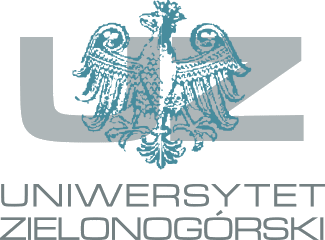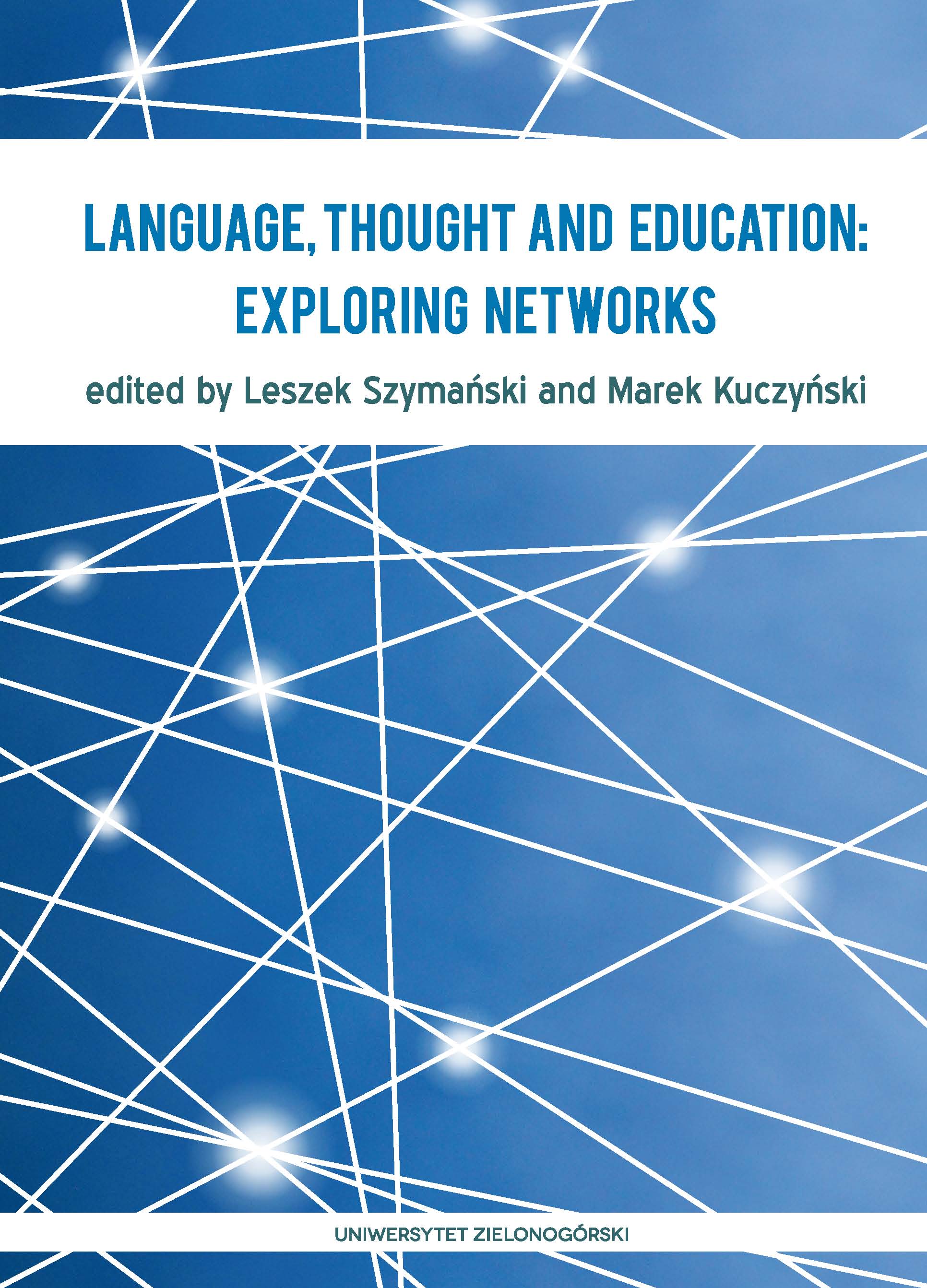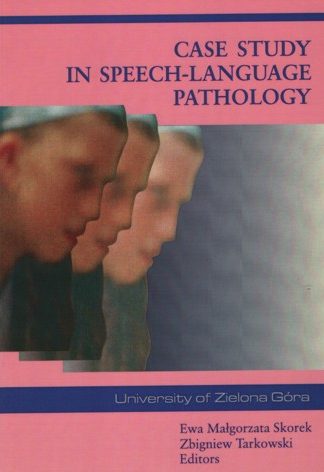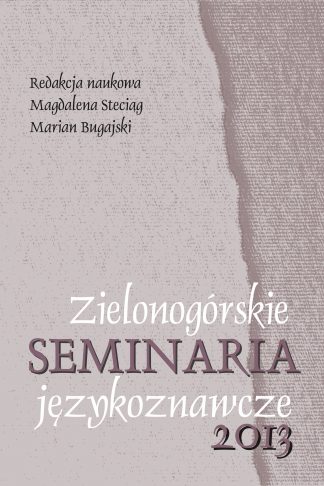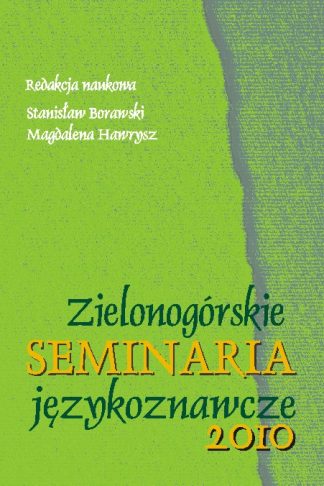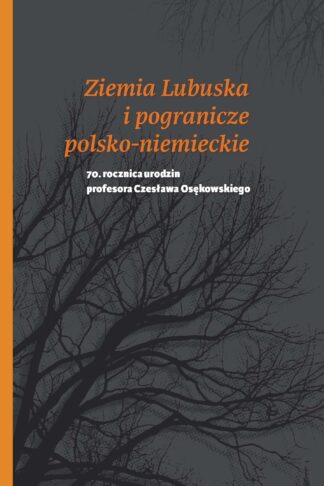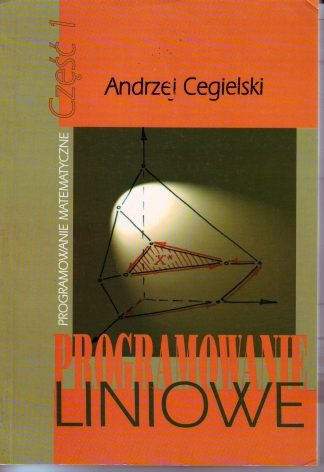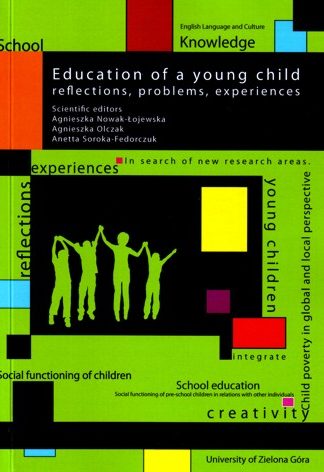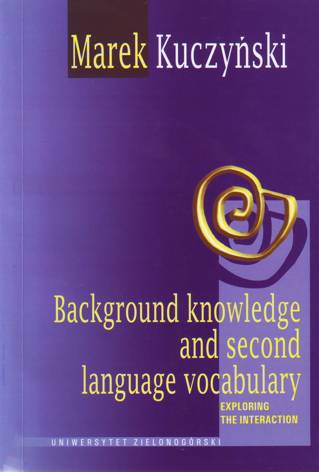Opis
The present volume contains chapters whose content corresponds to the topical area of the Language, thought and education series published by the Department of English at the University of Zielona Góra. The contributors, affiliated at education and research institutions throughout the world, address issues related to multilingualism, learning foreign languages, and selected aspects of studying language as a system, language varieties including. The book consists of three parts: Multilingualism and language contact, In the learning context and Studying language.
The first part contains chapters concerning multilingual systems in the cognitive network. It begins with Zofia Chłopek’s ‘Conceptual transfer in the trilingual mind: the case of object categorisation’. The next chapter takes us to Italy; the problem of multilingualism amongst immigrants is addressed by Matthias Wolny. More cognitive aspects of languages in contact are presented by Teresa Maria Włosowicz, who is concerned with cross-lingual lexical links in the multilingual mind.
The second part deals with issues involved in language education and language learning. Alexander Kapranov describes the process of self-evaluation in speech fluency amongst Korean students during their exchange program in Sweden. Assessment, this time in a Polish secondary school and a British college, is explored and discussed by Beata Kouhan. Agnieszka Piątek, in turn, investigates issues which may help us discover better ways of internalising phrasal verbs in English.
As said above, the third section is devoted to exploring language as such. It also examines the tools which are used in linguistic research. This part begins with Leszek Szymański’s article, which concerns the application of the World-Wide Web to empirical research in linguistics. Further, semantic properties of lexemes in signed languages are discussed by Krzysztof Kosecki, whereas networks of slogan stylistics in re-branding are described by Zivile Niemickiene. Karolina Rosiak presents the use of diminutive forms in Welsh, while Ahmad Izadi views language from the perspective of institution. The paper is followed by Joanna Kapica-Curzytek’s considerations on Global English, a language variety which is inevitable in contemporary ‘network societies’. Jacek Rachfał carries out a detailed analysis of ‘castle’ vocabularies, including considerations upon word-formation and etymology of English and Polish lexical items. The volume also contains Edyta Rachfał’s dissection of the ways in which a crisis communicating message may be carried out pragmatically. Our publication concludes with Gian Claudio Batic and Sergio Baldi’s article which investigates the linguistic encoding of emotions in Hausa, an Afro-Asiatic language.
We hope that the contributions presented in this volume will allow scholars from numerous corners of the globe to share with others their insights into language, language education and language exploration. We would like to thank all those who have contributed to the present publication as well as those who have provided assistance in the process of publishing this book.
